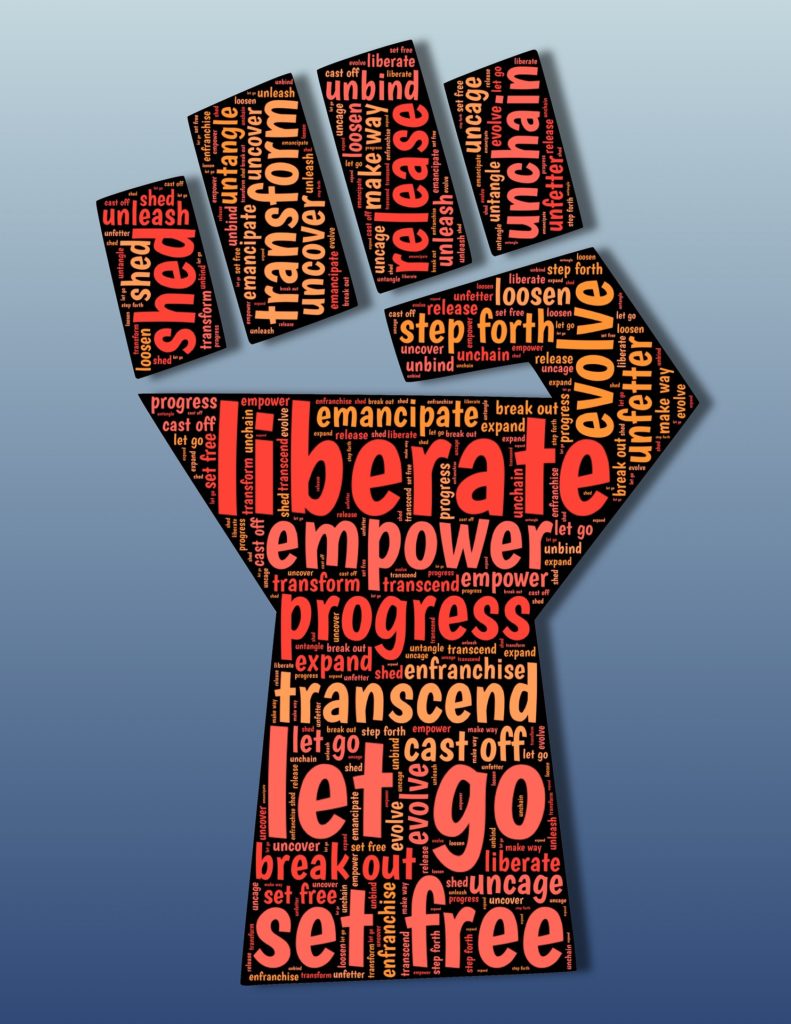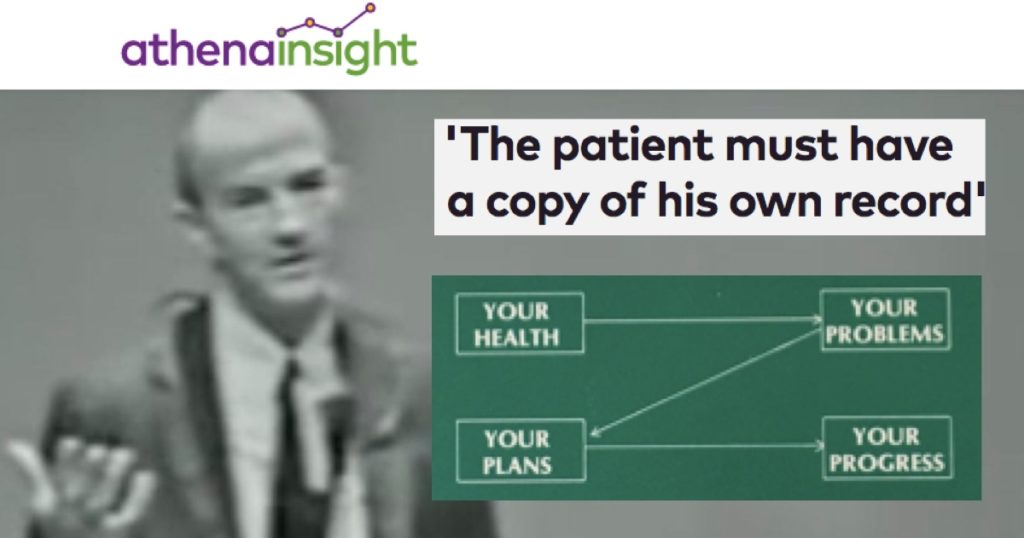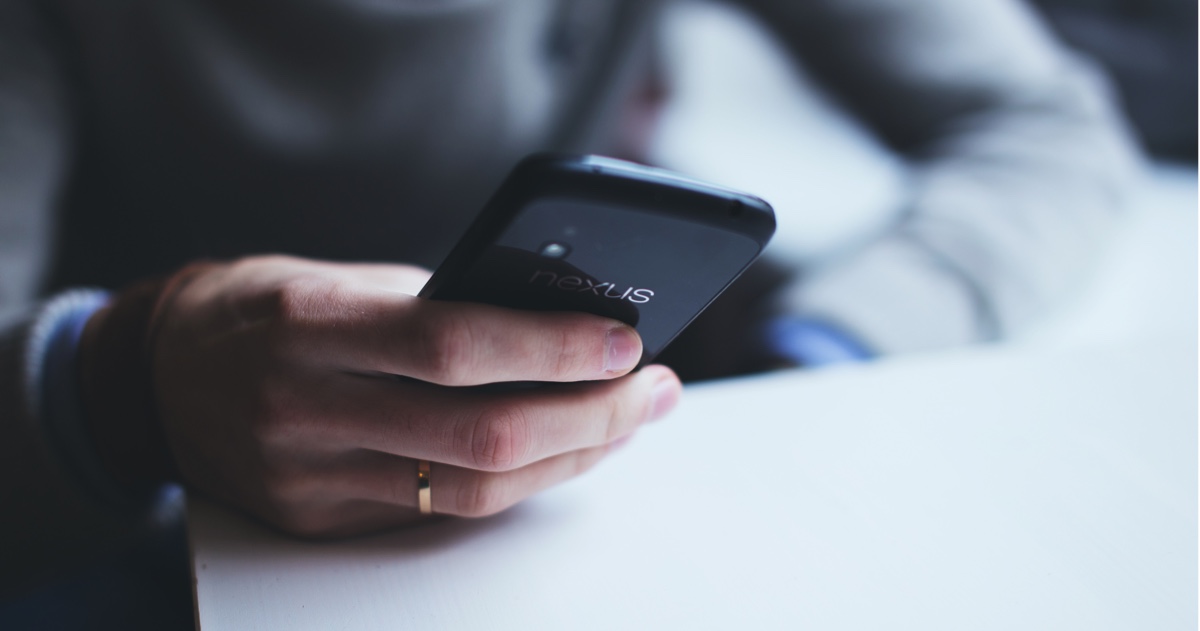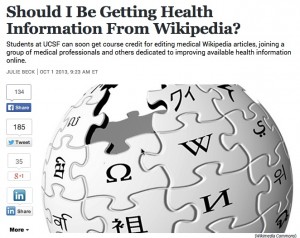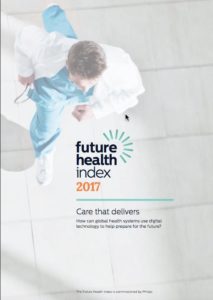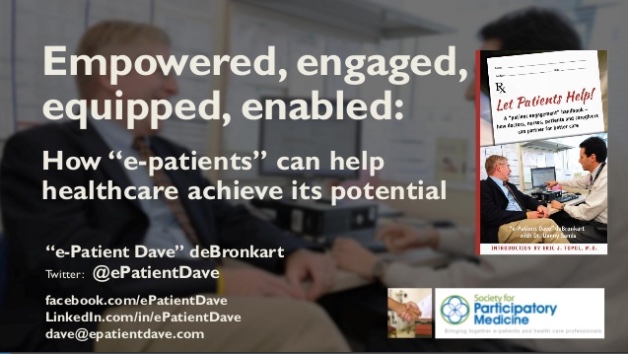 After eight years of speeches at conferences, I’ve observed that while medicine achieves incredible miracles that were impossible a generation ago – like saving my sorry life – it still falls short of potential more often than necessary. Lots of people write big fat books about it, but some problems don’t change, which raises the question: what can we tell consumers of the system, patients, that will help them get the best care when they’re in need?
After eight years of speeches at conferences, I’ve observed that while medicine achieves incredible miracles that were impossible a generation ago – like saving my sorry life – it still falls short of potential more often than necessary. Lots of people write big fat books about it, but some problems don’t change, which raises the question: what can we tell consumers of the system, patients, that will help them get the best care when they’re in need?
So that’s a new series of speeches I’ll be doing, not just at big conferences but at local meetings in cities and towns, hospitals and community centers. These talks aren’t designed to change the healthcare system much; to the contrary, they’ll empower ordinary people who use the system to help the system do its best.


